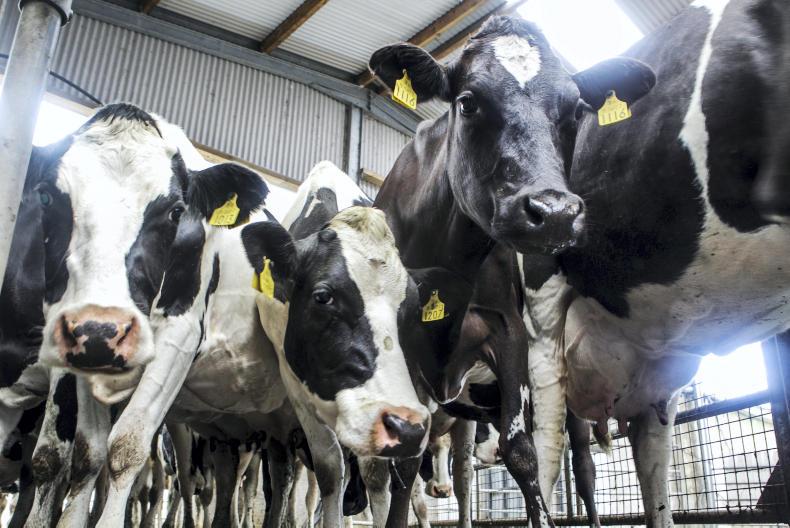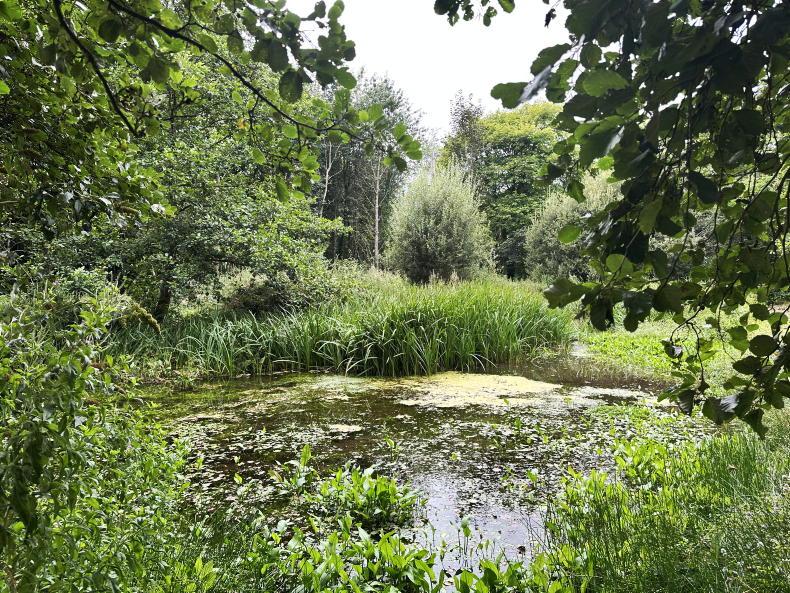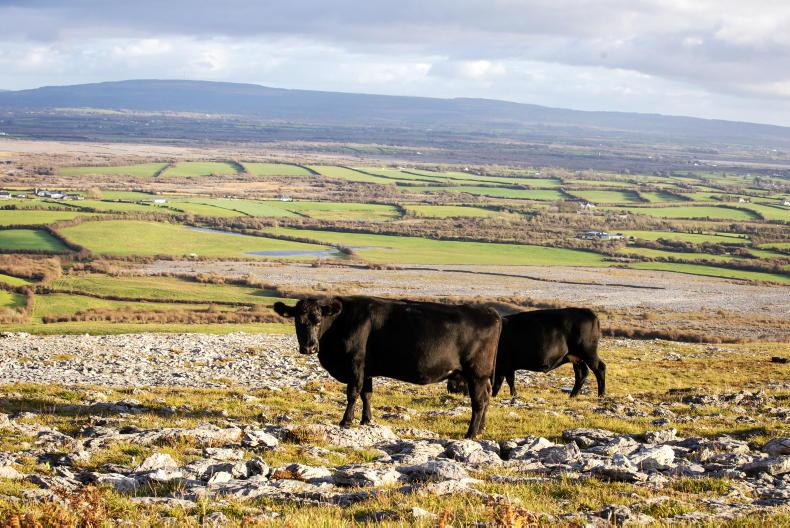Robbie Byrne wants ecologically-friendly methods of farming to be properly researched so farmers can make better-informed decisions that will benefit both the environment and their bottom line.
The Nuffield Scholar, whose time there was cut short as a result of the COVID-19 crisis, was researching biological farming systems and was looking at examples of such farming systems from around the globe in an attempt to find a model that would work well for Ireland's climate and agricultural system.
"Ireland, for me, has a very nature-friendly farming environment," he says. "I find a lot of Irish farmland, by default, is helping nature along with mixed ground and the types of farmers we have."
Problems
However, there are problems that need to be overcome that will incentivise more farmers to increase soil health and biodiversity on their land. Right now, for tillage farmers in particular, traditional farming methods are still deemed the safer financial bet.
"Unfortunately, over the years people have had to increase production to improve profitability," he says. "(In our research), we were speaking with farmers all over the world and, in some cases, what they're doing doesn’t travel back well due to, perhaps, a difference in climate, but we’re trying to figure it out.
"We are seeing some challenges we need to overcome as to how to make these systems work for us. There is some pioneering research happening now, led by UCD."
Aside from his sheep and tillage farm, Robbie operates Precision Nutrition, which provides biological and nutrition services to farmers. He is also involved in the farming groups BASE (Biodiversity Agriculture Soil and Environment) Ireland and Danù, which aims to help commercial farmers with the process of transitioning to biological farming systems.
"These groups are all farmer-led, which is a great thing," Robbie says. "BASE was set up by (mainly) farmers who have an interest in farming with nature.
"A lot of what we do, as a group, is we visit each other's farms and we try different things on our own farms. This information-sharing system is working well for us."
If the soil isn't healthy, you won't have as many species able to thrive in the area
Soil health is something to consider to increase biodiversity on farms. If the soil isn't healthy, you won't have as many species able to thrive in the area.
Robbie says more research is needed on this topic, but if you look at the soil near a healthy hedgerow as opposed to a regularly worked field, you'll generally see a huge difference in both the health of the soil and the biodiversity around the area.
"We may have the correct PH (in our fields) and, yet, what’s missing is organic matter, or humus," he explains.
"When we go into the hedge, we find a multi-species culture and when you measure the organic matter in the soil, it could be twice or up to 100% more than it is in the field. I think this (difference) comes from the multi-species."
While Robbie admits he could be making more money if he were using a different method of farming, the other benefits of farming with nature are so much greater. What is needed is a way to blend this way of farming with profitability. He hopes that this is something that will be resolved in the near future.
"We love walking through the fields and we love what we do," he says. "We find there’s a good balance: we’re getting social benefits from how we farm, even at a family level, and we’re providing benefits for society in general.
"At the moment, there’s no one researching how to make this both work economically for farmers and tick all of the boxes for the environment."









SHARING OPTIONS